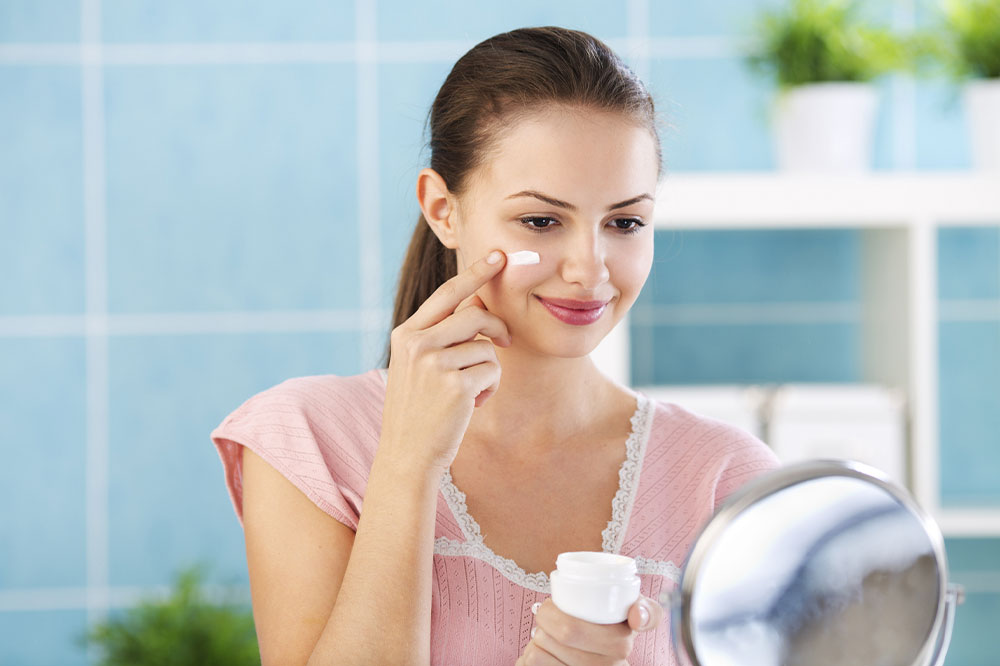
5 common skin care myths debunked
With heaps of information floating around promising to uncover all secrets about skincare and beauty regimes, it can be daunting to find well-grounded sources. Many urban legends and myths are also passed down through generations, and these seem to do more harm than good. To help you make the right decisions for your skin’s health and overall glow, here are some popular myths you must know about and the science behind them!
Myth: The order of application of skincare products doesn’t matter!
There is a correct way of applying your skincare products, which helps ensure that it is absorbed properly and works effectively. Work with your dermatologist’s recommendation if you are confused about the right order of application, or go from the lightest to the heaviest density of product formulation. The general order is to start with a cleanser, followed by toner or mist, and then serums, moisturizers, facial oils, and sunscreen.
Myth: You only need to wear sunscreen on sunny days
The sun’s UVA and UVB rays can penetrate through the clouds and many types of glass, which can cause permanent damage to your skin. It is vital to wear sunscreen every day and reapply it every couple of hours, regardless of your exposure to the sun.
Myth: You don’t need a moisturizer if your skin is oily
Skipping the moisturizer when your skin feels oily may sound like a good idea, but oily skin can be dehydrated too. For many people, dehydration is a major reason behind increased sebum production, which makes the skin oily. If this is a concern for you, look for dermatologist-approved non-comedogenic moisturizers to keep your skin feeling healthy, supple, and hydrated.
Myth: Your pores can open and close
Contrary to popular belief, your pores do not open and close like shutters. This action is generally used to refer to pores dilating or becoming stretched out due to factors like age, temperature, or clogging. To minimize the appearance of pores, use dermatologist-approved liquid exfoliants and skincare and beauty products that don’t clog your pores, along with appropriate sun protection.
Myth: Your skin’s aging process depends entirely on your genetics
Your genetics do play a role in how your skin ages. However, this is a more complex process that is also impacted by your lifestyle choices, such as sun exposure, eating habits, and stress levels.
If you have questions regarding your skin, address them with your dermatologist to build the ideal skincare routine for smooth and glowing skin!







